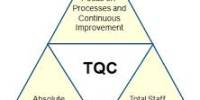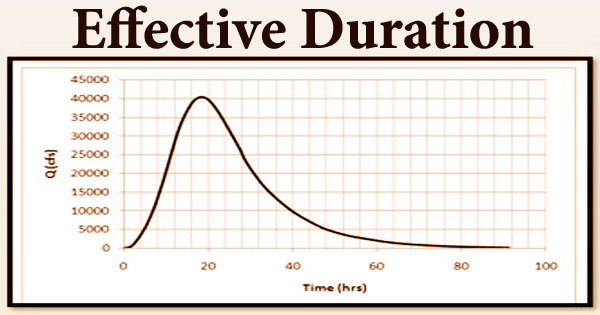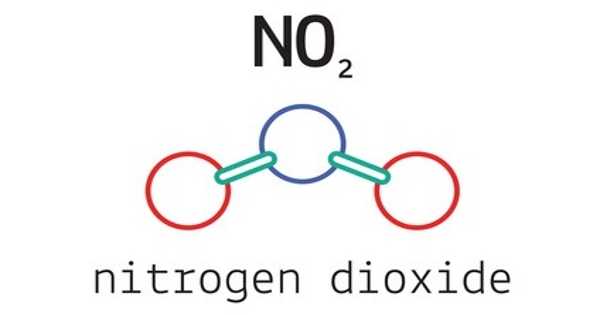The process of assignment of specific work to individuals within the organization and giving them the right to perform those works is delegation. It is about entrusting someone else to do parts of your job. Delegation of Authority means division of authority and powers downwards to the subordinate. It is one of the most significant concepts in management practice, which affects managerial functions.
Delegation of authority possesses the following features:
- No Delegation of Total Authority
A manager cannot delegate his/her total authority to the subordinates. He/she can delegate only a portion of it. Delegation does not mean that manager give up his authority, but certainly he shares some authority with the subordinate essential to complete the responsibility entrusted to him. A supervisor’s status would be affected if he/she delegates total authority to the subordinates. It is not possible and is also not allowed by the management concept.
- Delegation of Only that Authority That a Manager Has
A manager cannot delegate the authority to a subordinate which he himself does not possess. It means that no one can give what he has not got. Delegation means giving power to the subordinate to act independently but within the limits prescribed by the superior. Also, he must comply with the provisions of the organizational policy, rules, and regulations. This feature is based on legality.
- Representation of the Superior
Delegation of authority to subordinates represents the superior in the subject matter which is delegated to him. In such a case, a subordinate is supposed to behave and act in the same manner in which the superior would have behaved and acted. Authority once delegated can be further expanded, or withdrawn by the superior depending on the situation.
- Delegation for Organizational Purpose
A superior delegates his authority to a subordinates only for organizational purposes. The manager cannot delegate the authority which he himself does not possess. Also, he cannot delegate his full authority to a subordinate. He cannot delegate the authority to fulfill his personal objectives.
- Restoration of Delegated Authority
Authority once delegated may be enhanced or reduced on the basis of nature of duties and its effectiveness. It may be completely withdrawn in case of ineffectiveness and termination of subordinates from the organization. The delegation of authority may be oral or written, and may be specific or general. Therefore, a manager does not permanently delegate his authority.
- Balance of Authority and Responsibility
A manager has to delegate authority to the subordinates on the basis of weight of responsibility to him. The assignment of responsibility to a subordinate without proper authority becomes worthless because that subordinate cannot perform the functions independently and efficiently.
- No Delegation of Responsibility
A manager can delegate authority to his subordinates in accordance with assigned responsibility, but the final responsibility, however, lies on him. The delegation is an art and must comply with all the fundamental rules of an organization. He cannot escape from his responsibilities.
Information Source:
















